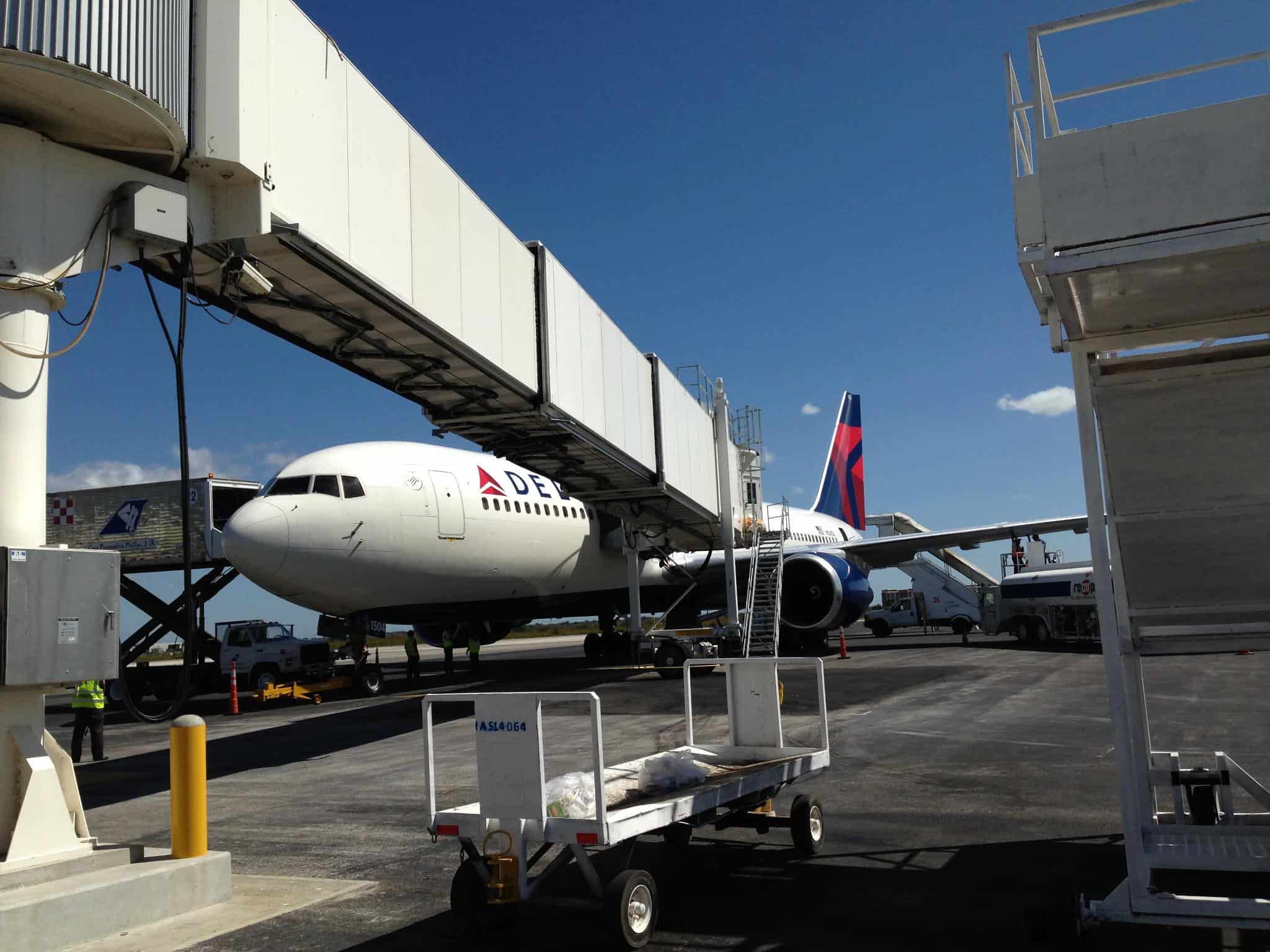Costa Rica wants to know how many citizens and residents are getting vaccinated abroad.
The Health Ministry announced Tuesday that it will create a voluntary registry of people who received or will receive Covid-19 vaccines outside of Costa Rica. Authorities will send a survey to people who left the country between March 1 and June 9 where they can “voluntarily indicate if they received the immunization against COVID-19 on said trip.”
“The survey will be sent to more than 60,000 people starting this Thursday, June 24, and will remain active for two weeks, until Thursday, July 8,” the Health Ministry says.
In addition, the Health Pass now includes a section in which travelers entering Costa Rica can indicate if they received a Covid-19 vaccine abroad. Two-dozen people have already responded in the affirmative.
The registry will not store personal data, the Health Ministry says. But if a significant number of Costa Ricans have indeed been inoculated elsewhere, it could move the country closer to lifting remaining restrictions.
Costa Rica has administered 2.3 million vaccines, or 45.1 per 100 residents, but an unknown number of Ticos have taken “vaccine vacations” to get their jabs elsewhere. Earlier this year, local travel agencies expected 10,000 Ticos to visit the United States for their shots.
Travel packages are pricy — this one is $1,600 — but include airfare to the U.S., accommodation, and transportation to and from the vaccination site.
This is all possible because many U.S. states do not ask for proof of residency when scheduling Covid-19 vaccines. In addition, the United States has a surplus of vaccines, and Covid-19 vaccine providers in the U.S. cannot charge individuals for the vaccine.
While vaccine vacations to the United States are not explicitly illegal, they do raise ethical concerns.
“Let me say that vaccine tourism is not the solution, but rather a symptom of the inequality in the distribution of vaccines in the Americas,” said Carissa Etienne, director of the regional office of the World Health Organization (WHO), earlier this year.






